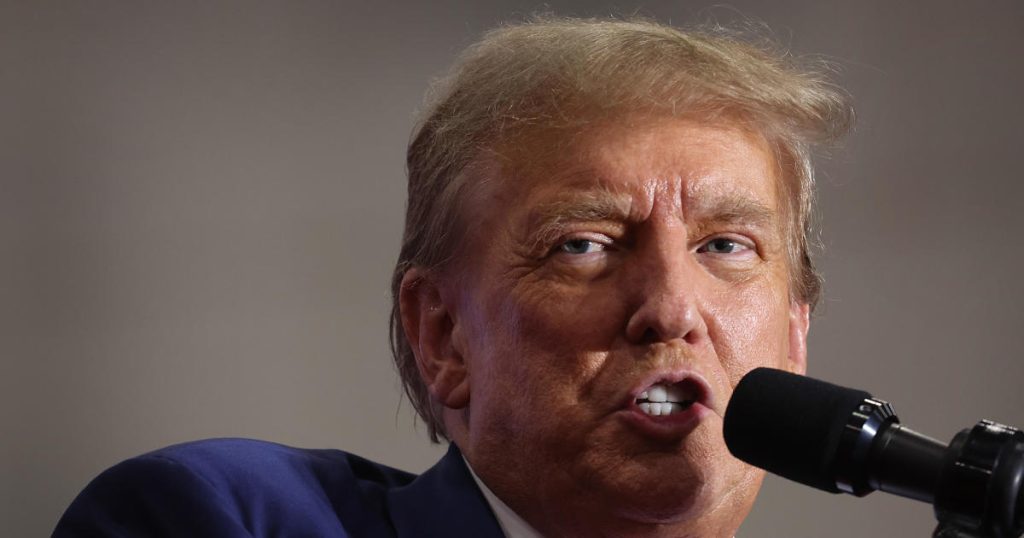The special counsel, Jack Smith, urged the Supreme Court to reject Donald Trump’s claim of immunity from federal prosecution, arguing that Trump’s alleged efforts to overturn the results of the 2020 election threaten core constitutional protections. Smith argued that Trump’s actions were outside the duties of his office and that no president is entitled to immunity from criminal laws. He also stated that Congress did not intend to exempt the president from federal criminal statutes.
Smith’s filing to the Supreme Court outlined the arguments his office will make regarding Trump’s bid to end his federal prosecution. Trump has claimed that former presidents are entitled to broad protections from criminal prosecutions for acts committed while in office, but Smith argued that federal criminal law applies to the president and that Trump’s claim is a radical suggestion. Smith also noted that even if some immunity could be extended to a former president’s official acts, Trump’s alleged private scheme to remain in power by fraud should not be immunized.
The case before the Supreme Court involves allegations that Trump unlawfully attempted to thwart the transfer of presidential power after the 2020 election. Trump has pleaded not guilty to the charges, and the Supreme Court is considering whether a former president is immune from criminal liability for acts committed while in office. The high court has in the past shielded presidents from civil lawsuits related to official duties, but the current case involves criminal charges.
The Supreme Court is expected to issue a decision by the end of June, and the outcome of the case could have implications for Trump’s other prosecutions, including a case in New York and one in South Florida. If the Supreme Court rules in favor of Trump, the case in Washington would be dismissed. However, if the court rejects Trump’s immunity claim, the case would proceed, although it is uncertain whether a trial could be held before the November presidential election, as Trump is the presumptive Republican nominee.
The Supreme Court had declined to fast-track the immunity dispute but allowed the D.C. Circuit Court to decide the issue first. The three-judge panel unanimously ruled that Trump is not entitled to presidential immunity from federal prosecution for official acts. The court’s decision in this case could set a precedent for Trump’s other legal challenges. Additionally, the Supreme Court will hear arguments on April 16 regarding the reach of a federal obstruction law related to the January 6, 2021, attack on the U.S. Capitol, in which Trump has been charged. A decision in this case is also expected by the end of June.


